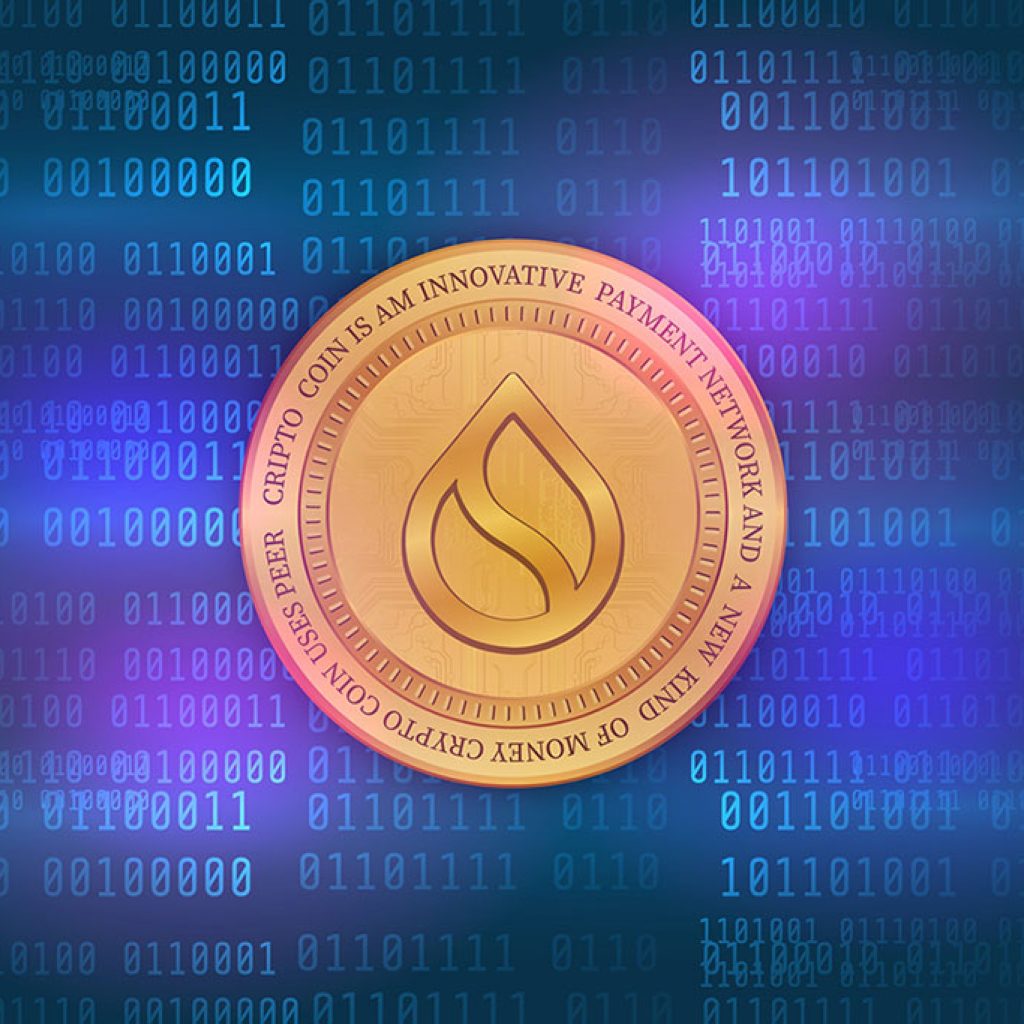
After the SEC’s crack-down on Kraken, Coinbase’s legal head outlined the differences between Kraken’s staking product and its own.
The staking services offered by cryptocurrency exchange Coinbase are “fundamentally different” to what was offered by its peer exchange Kraken — which recently came under fire from the United States securities regulator — according to Coinbase's head lawyer.
Paul Grewal, Coinbase’s chief legal officer, made the comments in his response to a shareholder question regarding its staking services during a Q&A session on the exchange’s fourth-quarter results, noting:
“The staking products that we offer on Coinbase are fundamentally different from the yield products that were described in the reinforcement action against Kraken. The differences matter.”
The first point of difference Grewal highlighted was that Coinbase users retain ownership of their cryptocurrencies at all times.
In its user agreement last updated Dec. 15, 2022, Coinbase states that it merely “facilitate[s] the staking of those assets on your behalf,” but may not replace any Ether (ETH) lost to slashing — which refers to the blockchain's mechanism for punishing bad behavior by reducing a validator’s tokens.
Grewal also suggested that another difference was its customers have a “right to the return,” with the firm unable to “simply just decide not to pay any returns at all.”
He pointed to the exchange' as a publicly-traded company as another critical point of difference, which enables customers to have “deep transparent insight into our financials.”
In comparison, the Securities and Exchange Commission's (SEC's) complaint against Kraken alleged its users lost control of their tokens by offering them to Kraken's staking program and investors were offered "outsized returns untethered to any economic realities" with Kraken also able to pay "no returns at all.”
Grewal however reiterated calls for regulatory clarity on staking services in the U.S. suggesting the SEC was outlining their expectations in court complaints rather than through clear regulations, noting:
“Rules making clear these distinctions would provide very real clarity and we think the public shouldn't have to parse complaints in federal court in order to understand what a regulator expects.”
Related: Coinbase beats Q4 earnings estimates amid falling transaction volume
In a Feb. 13 tweet, Grewal had opined that staking in itself was not a security transaction, using an analogy of harvesting oranges to elaborate on his position.
If I grow oranges myself and harvest them myself, the oranges are not securities. If I grow oranges myself and harvest them using a contractor that charges me a fee, the oranges are still not securities.
— paulgrewal.eth (@iampaulgrewal) February 13, 2023
On the back of SEC Chair Gary Gensler calling on firms to register products with the regulator, Grewal indicated that Coinbase has no issues registering products with the SEC where “appropriate,” but added:
“I think it's fair to say that at this point in time, the path to registration for products and services that may qualify as securities has not been open, or at least readily or easily open.”
Coinbase is currently facing an SEC investigation into its products similar to the one that resulted in Kraken settling with the regulator for $30 million and being prohibited from offering staking services to its U.S. clients.
Coinbase intends to put up a fight, however, with CEO and co-founder, Brian Armstrong, suggesting the company would be willing to challenge the regulator and take the matter to court.
Coinbase's staking services are not securities. We will happily defend this in court if needed.https://t.co/GtTOz77YV3
— Brian Armstrong (@brian_armstrong) February 12, 2023





